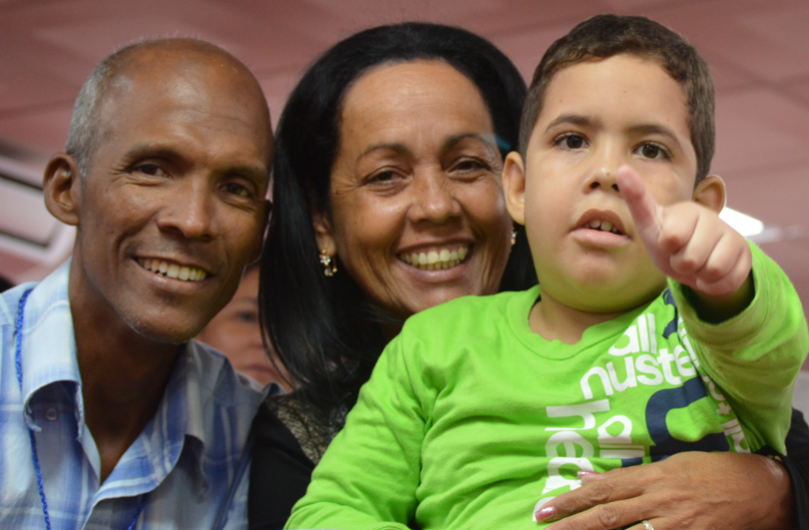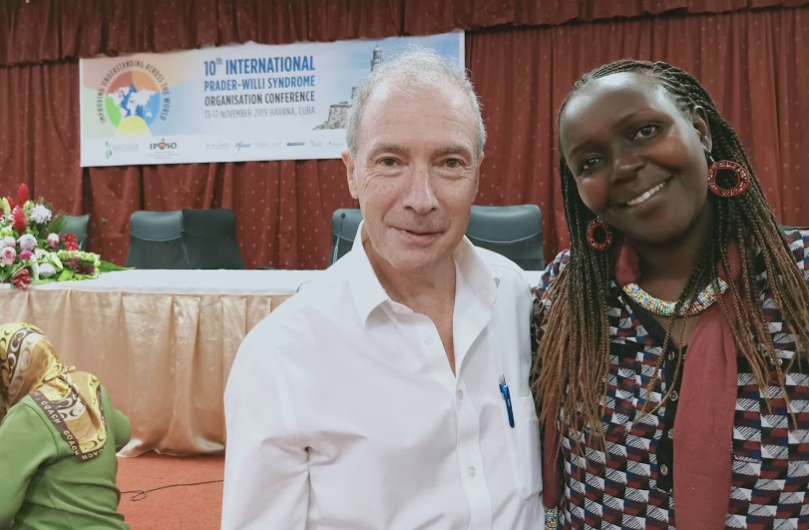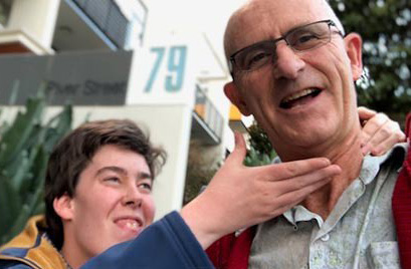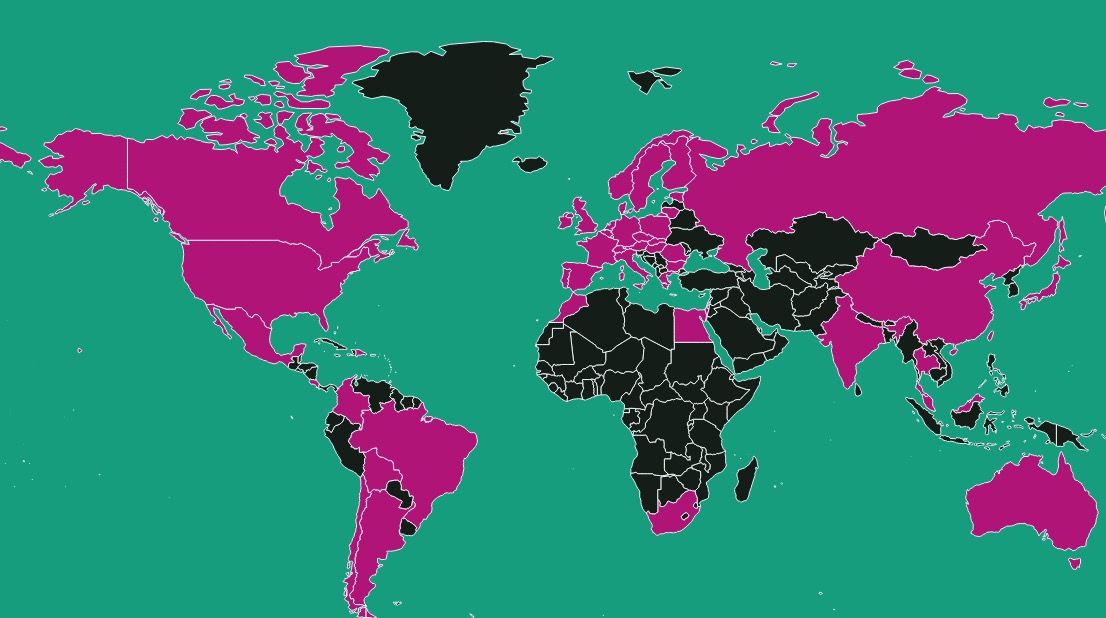Research
We conduct research and also support and commission others to take part in research to benefit people with Prader-Willi syndrome.
Research on specialist services for people with PWS
There is significant anecdotal evidence that PWS-specific residential services bring benefit and are necessary for many people with PWS if they are to have satisfied, socially integrated and healthy lives. However, there are very few peer-reviewed evaluations of these services. Without formal empirical evidence of efficacy, it has proved difficult for countries who lack such services to argue that they are necessary, and even in many countries where such services exist it has proved difficult to develop additional services.
We’re delighted to announce a new article from IPWSO that analyses data from 11 services in 6 countries concludes that full-time care services offer people with PWS opportunities to thrive in ways that are both immediate and lasting, especially if those services are specialised around the particular needs that arise from PWS.
IPWSO Mental Health Network
The mental wellbeing of people with Prader-Willi syndrome (PWS) is a major concern for them, their families and other care providers, and the presence of mental-ill health and/or behaviour problems is often cited as the single most significant impediment to a more independent and fulfilling life for people with PWS.
The rarity of PWS means that there are few psychiatrists, psychologists or other mental health professionals who support a large number of people with Prader-Willi syndrome. The absence of a network to connect mental health professionals who support people with PWS and the fact that most mental health professionals support only a small number of people with PWS have inhibited research efforts.
The IPWSO Mental Health Network connected mental health professionals who support people with PWS or have a research interest in PWS along with professional and family carers to reflect on existing knowledge and research, identify priorities for new research, and identify ways to undertake this research.
We were pleased to publish the full report in June of 2025. You can Read the Report here.
Choice and control: the use of restrictive practices in the care of people with Prader-Willi syndrome
IPWSO and the University of Cambridge conducted research to find out more about people’s views on the best way to support healthy lifestyles for people with Prader-Willi syndrome, whilst ensuring their rights are respected.
A huge thank you to everyone who participated in the survey on supporting people with PWS to manage hyperphagia. We have had responses from people from all around the world and it has been wonderful, and extremely informative, to hear from you all. The research team is now in the process of analysing all of the responses, in order to produce a report that will feed into new draft guidelines. Two papers have already been published.
A scoping review of case law relating to support and treatment for people with Prader-Willi Syndrome
Covid-19 study
Professor Tony Holland and the Clinical and Scientific Advisory Board conducted a study into the effects of the COVID-19 infection on people with PWS. The results were analysed and written up by Dr Joyce Whittington at the University of Cambridge.
The paper was published in the Orphanet Journal of Rare Diseases and is available to read online.
Clinical Research
Research Papers
< Back to How we can help
International Community
IPWSO was established so that PWS associations, families, clinicians and caregivers around the world could exchange information and support and have a united global voice under one umbrella.
Information for Medical Professionals
The latest medical and scientific research and information, plus guides into common medical issues affecting people with PWS.
What is PWS?
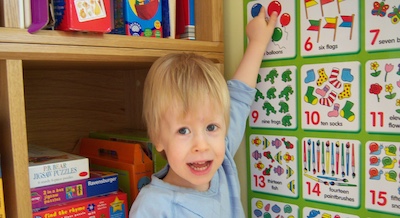
Prader-Willi syndrome is a complex genetic condition. Various studies have shown that between 1 in 15,000 to 25,000 children are born with Prader-Willi syndrome and it affects all races and both sexes equally.
Free Genetic Screening
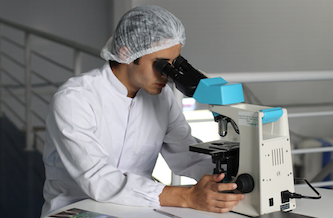
If you suspect your patient has Prader-Willi syndrome, based on the clinical signs and symptoms, but are unable to access testing in your country, then you may be able to access free genetic screening.


